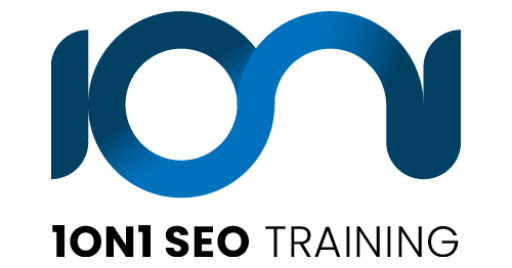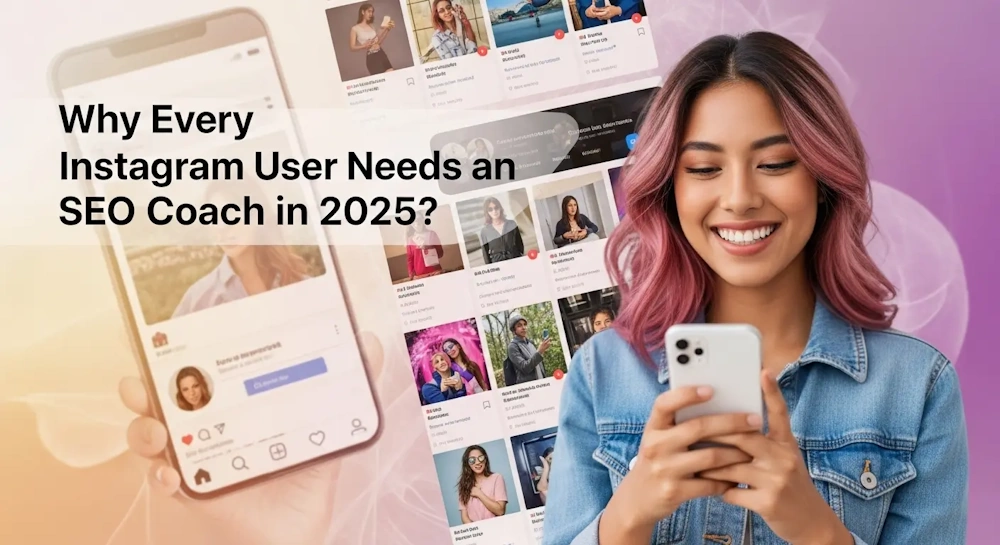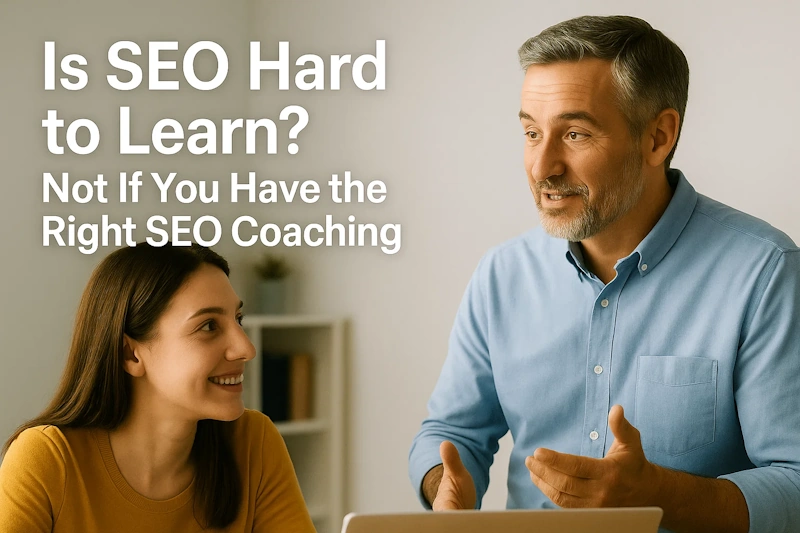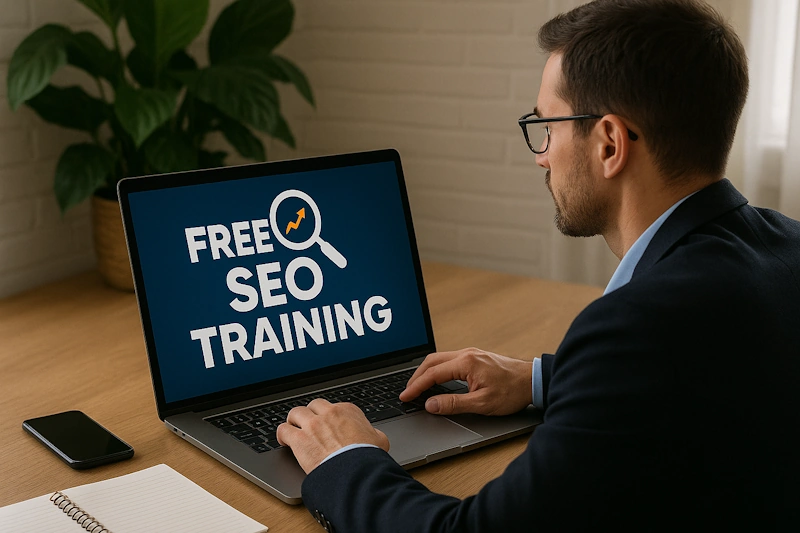Let's face it – SEO is complex. But like anything else that provides a hefty return of investment, there's a good reason why search giants like Google keep changing the rules of the game.
If they made it easy to rank for queries, the internet would be much poorer, with spammy sites overtaking worthier sites that provide real value to people. In short, Bing, Google, and other search engines will continue to improve how search works, so only the best websites will succeed in appearing on page one.
One-on-one SEO classes with an SEO coach are ideal for those wanting to learn search engine optimization.
Sure, there are countless books and videos on the subject matter, but are there also myriad people who have mastered SEO? No.
The simple reason why there aren't too many SEO experts is that it takes more than just readings to master it.
Much of SEO that works comes from practical applications on existing websites. The metaphor is a bit like reading about surgery and performing surgery or studying engineering theory only to realize that constructing a glass tower doesn't require many approaches but involves plenty of mastery of skills on the ground. This is where an SEO coach with years of experience can help.
Instead of beginning lessons from the earliest starting point with few practice opportunities, an SEO coach will begin teaching you by using your site as an area for a demonstration.
The goal is to optimize your website. Then there is no better way to apply SEO skills than by looking at your site's inner workings.
Understanding Good SEO Versus Bad SEO
A big part of what you'll learn with an experience SEO coach is good SEO versus lousy SEO. Yes, there is bad SEO, and you should steer clear of black hat SEO tactics because if black hats are naughty, Google is an even bigger wolf. Here are some examples.
What are Bad SEO Tactics?
Excessive Ads
The portion of a web page visible to visitors before they begin scrolling is known as "above-the-fold."
Google penalizes sites that knowingly place excessive ads here. It's a bad SEO tactic because it harms customer experience. Organic traffic can be drastically reduced if a website does not meet Google's layout standards.
Duplicate Content
Using black hat SEO tactics, such as publishing duplicate content, is a surefire way to damage your website's search engine rankings.
Google explicitly advises against using the same content on multiple websites. It's considered poor website design, and you will get penalized because of plagiarism by search engines.
Non-unique items will be ignored by search engines when they crawl your site.
Also, avoid posting the same things over and over again on your blog. Finally, to avoid harming your website's search engine optimization, mark existing media as "nofollow" or "noindex."
Search engine rules dictate that you must produce unique, original content to improve your page's ranking.
Keyword Stuffing
It's a form of keyword stuffing when you repeatedly use the same keyword in your copy, even if it isn't relevant. Unfortunately, search engine optimization (SEO) seems to favor this approach.
But if you're more concerned about keyword density, you'll quickly see a drop in your content's search engine rankings.
Because it reads like a language that only computers can understand, keyword stuffing will turn off your readers.
Additionally, stuffing your blog posts with irrelevant keywords reveals to search engines that you're trying to deceive the algorithm into ranking your content higher. As a result, you may also be penalized by Google because of your actions.
Including your keywords in your content can be a legitimate SEO strategy. However, it's best to go about it naturally. Keywords should appear several times in the text, but they must flow naturally and make sense when read in conjunction with the rest.
Bad Guest Posts
Guest posting can boost your SEO but done incorrectly; it can also backfire on everyone involved.
Publishing on your site regularly (including contributions from external authors) is an excellent SEO habit. However, you must make sure that these posts are original, valuable, and high-quality before posting them on your site.
If you check for plagiarism before publishing content written by others or featuring new writers on your website, you are allowed to do so. And don't include anything that isn't relevant to your audience in your presentation.
It will also help if there are no links to non-relevant or low-quality sites in the guest content. Google may impose a penalty if it ends up linking to spammy sites and PBNs.




